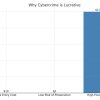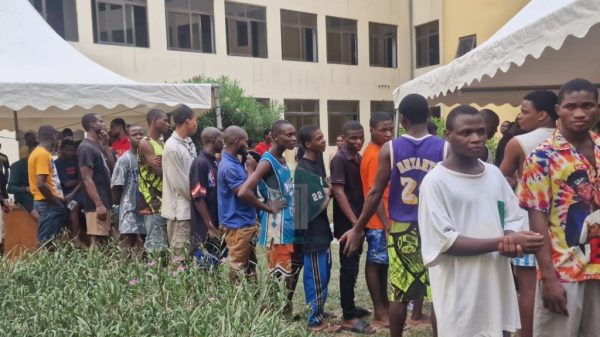Two Nigerian nationals, Shodiya Babatunde, 43, and Jamui Ahmed, 31, have been charged by the United States for their alleged involvement in a fraudulent email scheme that resulted in the theft of $13 million from healthcare firms in Minnesota. The U.S. Attorney’s Office for the District of Minnesota announced the charges on September 27, 2024, detailing how the suspects misled employees of Fairview Health into diverting funds to accounts they controlled.
The fraudulent scheme reportedly operated from October 2020 to 2024. Babatunde and Ahmed exploited the vulnerabilities of unsuspecting employees by creating counterfeit email accounts and fake internet domains that appeared to belong to senior executives at Fairview Health. This allowed them to orchestrate a series of phishing attacks to gather confidential information, including passwords and vendor account details.
U.S. Attorney Andrew Luger stated, “In the operation, Babatunde and Ahmed established a deceptive ‘spoofed’ online domain to make it seem like it belonged to Fairview Health.” This tactic allowed them to control accounts without the knowledge of the healthcare companies, which ultimately led to the misdirection of over $13 million in payments that were intended for Fairview Health.
The investigation revealed that Babatunde and Ahmed not only orchestrated the fraudulent transactions but also maintained tight control over the diverted funds. By exploiting the trust and established relationships between Fairview Health and its vendors, they were able to execute the scam without immediate detection.
Following the revelation of the fraud, the U.S. authorities issued charges against the duo. However, it has been reported that both suspects have since fled to Nigeria and are currently evading arrest. Their escape raises concerns about the complexities of international law enforcement, especially in cases involving cybercrime that crosses borders.
The U.S. Attorney’s Office is working closely with international law enforcement agencies to locate and apprehend Babatunde and Ahmed. Luger added, “We will do everything in our power to bring these individuals to justice and recover the funds taken from hardworking companies.”
The case highlights the increasing threat of cybercrime in the healthcare sector, where sensitive data and significant financial transactions make organizations prime targets for fraud. Phishing scams, like the one allegedly executed by Babatunde and Ahmed, have become more sophisticated, often involving detailed impersonations of trusted entities.
As investigations continue, the healthcare sector is reminded of the importance of implementing robust cybersecurity measures. Organizations are encouraged to conduct regular training sessions for employees to recognize and report suspicious communications and to verify requests for fund transfers through secure channels.
The allegations against Babatunde and Ahmed serve as a stark reminder of the vulnerabilities within the healthcare system and the need for increased vigilance against fraudulent schemes. As the situation develops, U.S. authorities remain committed to addressing these challenges and protecting the integrity of the healthcare industry.




















































































































